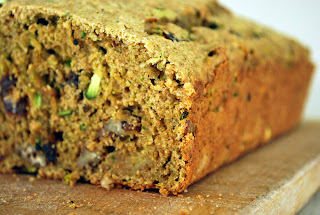
Tonight the Gasca brothers had a summer-end party to send-off the college students who are finishing their last week at Featherstone. It included the all-famous Gasca spread of beef, chicken, tortillas, salsa verde, salsa rojo, guacamole, pepsi, corn, and of course - chilies. Eating those chilies was almost as painful as saying goodbye will be on Friday.
It will be a particularly hard goodbye as I had a very memorable experience with one of the brothers last week. Olegario Gasca is the second oldest, with 8 children - 6 of them being daughters, which completely explains his fatherly instincts. He is always one of the first to greet me in the morning, with a huge smile on his round face. This particular day last week was very unusual as almost all the farmworkers were harvesting together. Usually we are split up, where one group is picking beans while the other group is picking peppers. But we all happened to be harvesting melons that afternoon. My previous entry mentions the 11:00 hour of anxiousness that always precedes lunch. It was this time of day and we were all in a hurry and getting hungry. I would have never guessed that one of my most memorable Featherstone moments would happen in this hour.
Harvesting melons is no 1-person job. It takes a crew. People picking melons, people piling mounds of melons, people throwing them to the person standing on the flatbed of the truck that has the wooden bin for the melons to be placed in, and one person in the wooden bin organizing the melons. The latter-most job was mine. Salvador kept handing them to be while I crouched in the bin, and placed them in the corners, on top of eachother. While I was standing up, Olegario threw a melon that was beyond Salvador's reach, which I ended up catching. The melon was heavier than I had anticipated and the velocity of the melon took my hand with it. My hand ended up getting smashed between the melon and the side of the wooden bin, my pinky finger in particular. And it bled. And bled. As soon as Olegario saw an ounce of red he reached for his knife. I immediately thought, "Oh my, I hope he doesn't think this is worthy of amputation!" No, he didn't. He reached for his knife and proceeded to cut off a piece of his shirt for me to wrap around my finger to stop the bleeding. Talk about taking one's shirt off their back - literally. It nearly brought tears to my eyes as he quickly ran to the truck, waving the black and red checkered piece of cloth in his hand. That day, Olegario Gasca showed me the definition of kindness.
That very piece of cloth can be found tied around the strap of my camera bag, which I tote along nearly everywhere these days. I put it on my camera bag because each time I now try to capture a moment with my camera, I will think of that day when I was utterly, completely captured by kindness.










